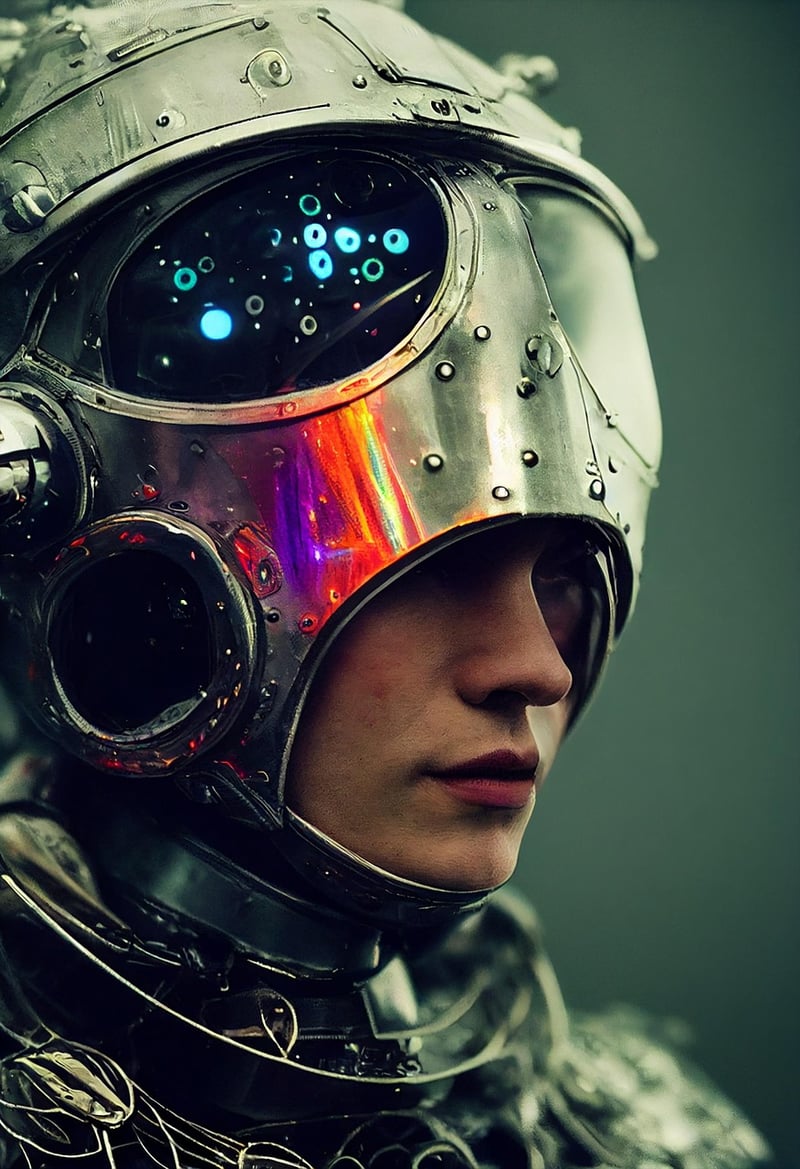Multiverse Theory
Rules of Time Manipulation and Multiverse Theory
Introduction
Time manipulation and multiverse theory are fascinating topics that often appear in science fiction and theoretical physics. Understanding the rules governing these concepts can provide insight into their complexities.
Time Manipulation
Time manipulation involves the ability to alter the flow of time, travel through time, or control temporal events. While purely theoretical in real life, it is a popular theme in fiction. Here are some rules associated with time manipulation:
1. Causality Preservation
Changing events in the past can have unforeseen consequences on the future. The principle of causality preservation suggests that any alterations made to the timeline must ultimately lead to the same outcome to avoid paradoxes.
2. Temporal Loops
Time loops occur when an event is destined to repeat itself indefinitely. Breaking out of a temporal loop can be challenging, as characters may be trapped in a cycle of events with no clear resolution.
3. Butterfly Effect
The butterfly effect refers to small changes in the past leading to significant alterations in the future. A seemingly insignificant action, like stepping on a butterfly in the past, could have far-reaching consequences in a different timeline.
Multiverse Theory
The multiverse theory posits the existence of parallel universes beyond our own, each with its own set of physical laws and possibilities. Understanding this theory can shed light on the vastness of the cosmos. Here are some key principles:
1. Infinite Realities
The multiverse theory suggests that there are infinite realities coexisting alongside our own. Each reality may differ slightly or significantly from ours, offering a diverse range of possibilities and outcomes.
2. Quantum Divergence
Quantum divergence occurs when a decision creates a branching point in the multiverse, leading to the creation of new timelines. This concept underscores the idea that every choice we make spawns multiple alternate realities.
3. Observer Effect
The observer effect in the multiverse theory posits that the mere act of observing a particular reality can collapse its wave function, determining its outcome. This implies that our perception and awareness shape the nature of the multiverse.
Conclusion
Time manipulation and multiverse theory offer captivating insights into the nature of time, space, and existence. While these concepts may remain speculative, exploring their rules and implications can spark imagination and curiosity about the vast possibilities of the universe.


